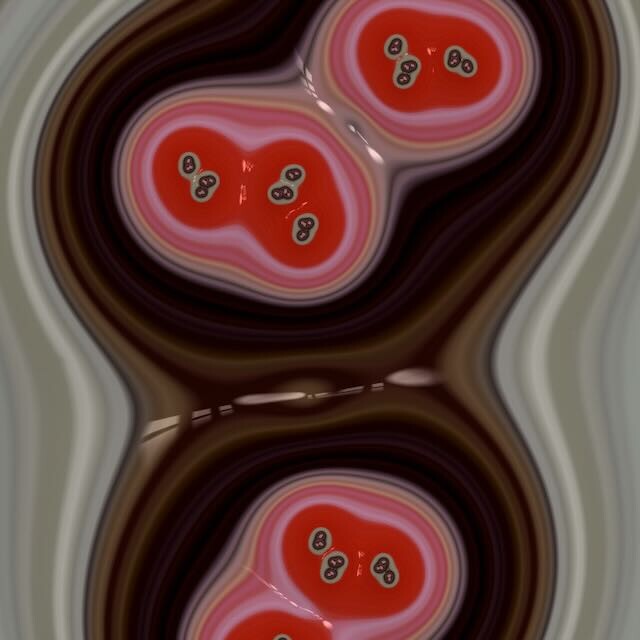Peace and Betrayal
Posted on 19/02/25 in Politics

The outlines for peace in Ukraine have been clear for a couple of years now – unsatisfactory, but the only sustainable solution. It needed muscle to be applied to Russia, which neither the inept Biden administration nor the EU were prepared to apply. Despite the horrifically warm words emanating from President Donald Fart and his increasingly gangsterish regime, at least Washington has expressed impatience. Putin is being given more than he hoped, but he doesn’t have any choice but to accept.
As I wrote the other day, Europe has had eight years to adapt to the new reality. Throughout modern history, Russia has been either too chaotic to be a threat, or a bad actor – one or the other. At the moment, it is the latter. Since the turn of the century, a string of incompetent American Presidents have driven American nationalism. We Europeans both within and without the EU need to recognise this and adapt to it. Note for example that Western failure to defend Ukraine wholeheartedly led directly to the victory of the pro-Russian party in Georgia.
A peace settlement for Ukraine needs to split the country. In his classic Clash of Civilizations, Samuel Huntington argued strongly that the boundary between Western and Orthodox civilisations divided Ukraine. He also asserted that Russia would never invade – oops. Of course he was writing in the chaotic Yeltsin years, not the Putin boot-in era.
It is essential for European security that this is as far as Russia gets. As this is not in the direct interests of America, it needs to be secured by the Europeans. This entails a series of measures.
First, we need to attempt to get Ukraine into NATO – after all, it now has the most battle hardened, and on some measures largest, army in Europe. It is absurd not to learn from it, and not to try to discipline its inexperienced command. If this is vetoed, as it probably would be by either America, Turkey or Hungary, then a European military alliance must be crafted to facilitate cooperation, support and learning.
Second, Russia is itself battle-hardened in a way that it patently wasn’t in 2022. European defence budgets have to be increased radically, and adapted to new styles of warfare, and the European political class needs to get serious about its own defence. Attempts must be made to persuade the populist right that this, not capitulation to Russia, is the patriotic thing to do.
Third, there must be troops on the ground. Ultimately, Russia (and Belarus) must face a wall of steel from the Black Sea to the Arctic Ocean. The temptation, following President Fart’s betrayal, for Putin to roll tanks into the Baltic States, the North of Finland, or Moldova, or sail into Gotland, or exploit friendly alliances with Belarus or even Hungary to push the frontier Westward will now be strong. This must be deterred, especially as no-one can now be blind to the extent of the war crimes, torture, sexual violence and murder of civilians that follow Russian occupation.
Fourth, particular note should be taken wherever there are large populations of Russian origin. Putin has made no secret that he regards Greater Russia as extending into such areas. The Russian diaspora is an enemy within, and should be regarded as such. It needs to be put under surveillance, and its political organisations challenged and disrupted.
Fifth, Europe needs to rebuild Ukraine. There is no way that Russia will rebuild the Donbas region – the contrast must be to the benefit of democracy.
Sixth, let’s drop the idea that freedom, democracy and capitalism are universal values, and let’s stop trying to spread them where they are not wanted. They are part of the European way of life, arguably superior to alternatives, but the priority must be to defend them where they were nurtured. If the Russians prefer gangsterism, then that is their business. They will never be fair dealers with the West, and will cosy up to their friends – China, North Korea, Iran, Turkey, India, the BRICS. We can’t break these connections, or isolate Russia to that extent. Sanctions are fine as far as they go, but they won’t go very far. Much better to declare Russia an enemy, see to our own defence, keep it at arm’s length, and ensure we are not reliant upon them for any resources, even if we end up restoring some trading relations. And trust them not one single inch.
Seventh, none of this will come cheap. Europeans have to face this. Economic growth and productivity are essential to finance the continuation of European civilisation, and state funding will have to be diverted from butter to guns, from welfare to defence. The sooner European leaders agree this among themselves, explain this to their populations, and at least try to bring recalcitrant populists into the broad fold of patriotic defence of Europe, the better.
 Kieron O'Hara
Kieron O'Hara